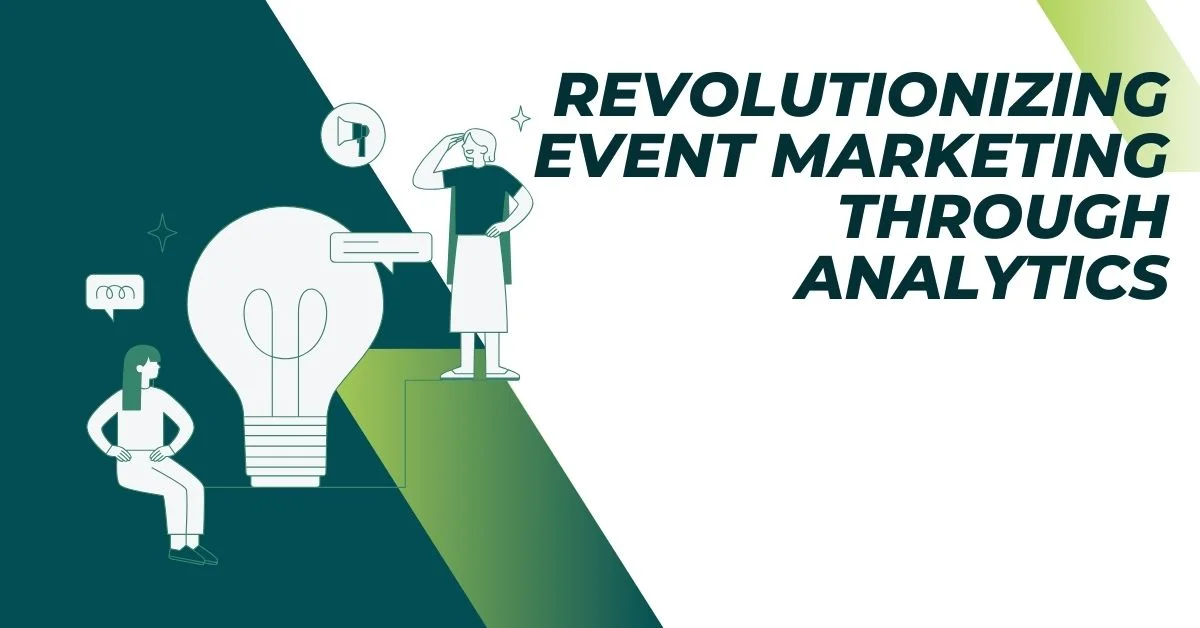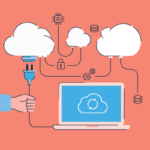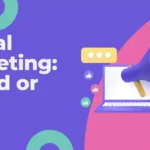In the dynamic world of marketing, event marketing has stood out as a powerful strategy for brands to connect directly with their audience, create memorable experiences, and build lasting relationships.
Traditionally reliant on intuition and experience, event marketing is on the cusp of a revolutionary transformation, thanks to the integration of analytics. This deep dive explores how analytics is poised to flip event marketing on its head, offering startling insights that could redefine how events are planned, executed, and evaluated, thereby ushering in a new era of precision and effectiveness.
The Current State of Event Marketing
Event marketing encompasses a wide range of activities, from trade shows and conferences to product launches and experiential activations. Its power lies in the ability to create immersive experiences that engage attendees on an emotional level, fostering a deeper connection with the brand.
However, despite its potential, event marketing has often been challenged by the difficulty of measuring ROI, understanding attendee engagement, and personalizing experiences at scale.

Enter Analytics: The Game-Changer
The advent of advanced analytics and data collection technologies has opened up unprecedented opportunities for event marketers. By harnessing data from various touchpoints before, during, and after events, marketers can now gain deep insights into attendee behavior, preferences, and engagement levels. This section delves into the ways analytics is transforming event marketing across its key facets.
1. Data-Driven Planning and Segmentation
Analytics enables marketers to move beyond one-size-fits-all event strategies. By analyzing historical data and attendee profiles, marketers can segment their audience based on interests, behaviors, and demographics, allowing for tailored event planning that resonates with different audience segments. This targeted approach not only enhances the attendee experience but also increases the likelihood of achieving event objectives.
2. Real-Time Engagement Insights
Gone are the days of waiting for post-event surveys to gauge attendee engagement. With real-time analytics, event marketers can now monitor engagement levels live, using metrics such as session attendance, dwell time at booths, and interaction with displays. This real-time feedback loop allows for on-the-fly adjustments to improve engagement and attendee satisfaction during the event itself.
3. Personalization at Scale
Personalization has been a buzzword in marketing for years, but its application in event marketing has been limited by logistical challenges. Analytics changes this by enabling personalized event experiences at scale.
From customized agendas and targeted notifications to personalized follow-ups, data-driven insights allow marketers to cater to individual preferences, making each attendee’s experience unique and memorable.
4. Measuring ROI with Precision
One of the most significant impacts of analytics on event marketing is the ability to measure ROI with unprecedented precision. By tracking a comprehensive set of metrics, including lead generation, conversion rates, and attendee engagement, marketers can now clearly demonstrate the value of events.
This data-driven approach to ROI measurement ensures that event marketing investments are justified and aligned with broader business goals.
5. Predictive Analytics for Future Success
Beyond analyzing past and present events, predictive analytics offers a forward-looking perspective, enabling marketers to forecast trends, attendee behaviors, and event outcomes. This predictive capability allows for proactive event planning, ensuring that future events are optimized for success based on data-driven predictions.
Challenges and Ethical Considerations
While the integration of analytics into event marketing presents exciting opportunities, it also raises challenges and ethical considerations. Privacy concerns, data security, and the potential for data overload are issues that marketers must navigate carefully.
Ensuring transparency, securing attendee consent, and adopting robust data protection measures are essential to maintaining trust and adhering to ethical standards.

The Future of Event Marketing
As analytics continues to permeate event marketing, the future looks promising. The insights gleaned from data have the potential to transform events from generic gatherings into highly personalized, engaging, and effective marketing platforms. In this new paradigm, events are not just about showcasing products or services but about creating data-driven experiences that truly resonate with attendees.
Conclusion
The integration of analytics into event marketing represents a pivotal shift, offering the potential to revolutionize how events are planned, executed, and evaluated. By harnessing the power of data, marketers can unlock deep insights into attendee behavior, personalize experiences at scale, and measure ROI with precision.
As we venture into this new era, the challenge for marketers will be to balance the opportunities presented by analytics with the ethical considerations of data use. Nonetheless, the promise of data-driven event marketing is clear: a future where events are more engaging, effective, and aligned with the evolving needs and preferences of attendees.
In navigating the future of marketing, analytics stands as a beacon, guiding marketers towards innovative strategies that redefine the boundaries of event marketing.










